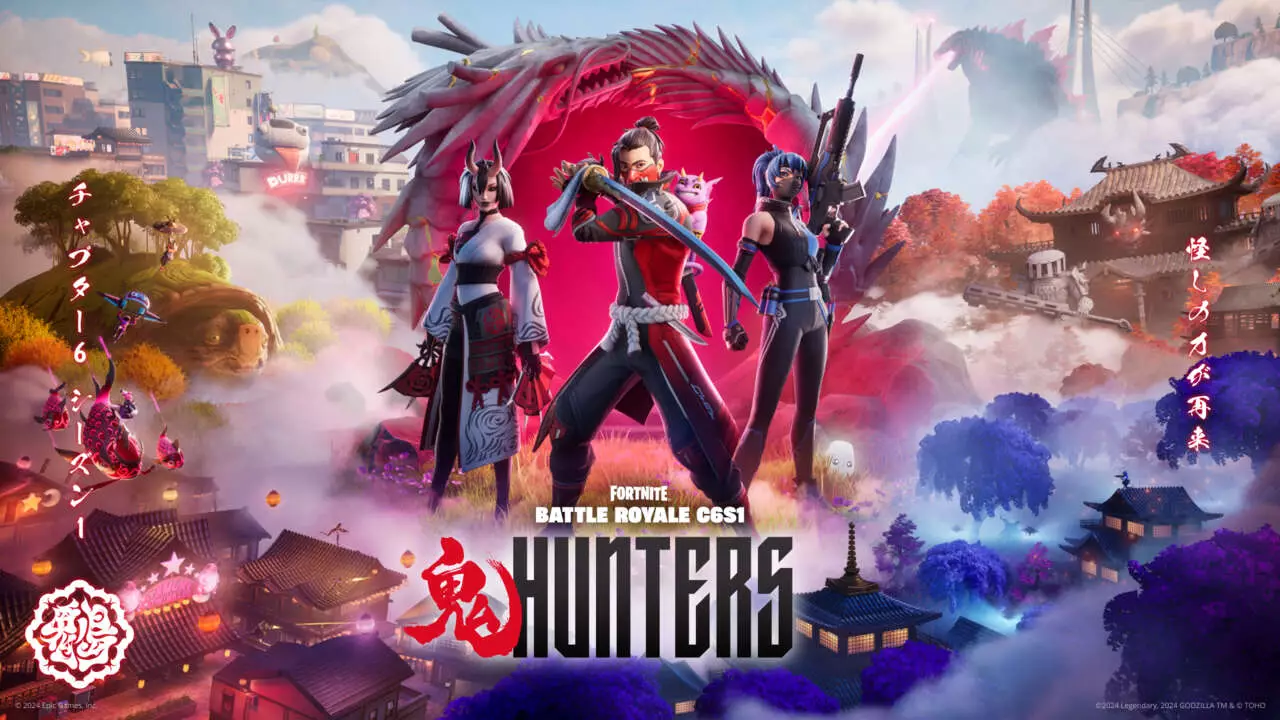Since its explosive launch in 2017, Fortnite has transformed from a simple battle royale into a complex digital universe that encompasses multiple gaming experiences. Initially, when someone referred to “games like Fortnite,” they primarily meant battle royale titles that mimicked the fast-paced competitive nature of Epic Games’ flagship. However, as Fortnite celebrates over seven years in the spotlight, its evolution presents a more intricate definition. Fortnite has diversified its offerings, now featuring events like Fortnite Festival, partnerships such as Lego Fortnite, exhilarating Rocket Racing modes, and an endless array of user-generated content through Fortnite Creative. This shift raises a pivotal question: what does it mean for a game to be like Fortnite today?
With the contemporary gaming landscape heavily influenced by Fortnite’s evolution, it’s essential to recognize that not all players approach the game in the same way. Some players dive into the battle royale mode, relishing the competition and the thrill of survival against other gamers. Others explore the creative possibilities afforded by user-generated islands in Fortnite Creative, where the only limit is one’s imagination. This variance in player behavior leads to the realization that a recommendation of “games like Fortnite” must encompass a broader range of experiences.
While some gamers prefer to stick with familiar modes that they find enjoyable, others may be inclined to experiment with the myriad offerings available across the game. This divide indicates that the current gaming culture associated with Fortnite is deeply personal. Consequently, identifying similar games necessitates an understanding of individual preferences, as the term “games like Fortnite” continues to adapt based on one’s unique gaming style.
Given the multitude of experiences linked to Fortnite, exploring alternative games means targeting specific niches rather than seeking direct comparisons. For instance, if a player is enamored with the creative building aspect of Fortnite, titles like Minecraft or Roblox could provide similarly engaging environments for crafting and design. For those drawn to competitive play, other battle royale games such as Apex Legends or Call of Duty: Warzone may fulfill that adrenaline-driven need.
Furthermore, free-to-play titles offer an accessible entry point for gamers wishing to try out similar experiences without financial commitment. Understanding that the gaming community is diverse allows for more tailored recommendations that resonate with individual preferences. Thus, a comprehensive approach is not only necessary but vital in the current gaming market.
In reflecting on Fortnite’s transformation over the years, it’s clear that the game has extended beyond the conventional boundaries of what defines a battle royale. The rich tapestry of gaming experiences it offers invites players to explore various facets of immersive play. For those searching for “games like Fortnite,” the key lies in understanding personal preferences and exploring niches that resonate with one’s gaming style. Ultimately, Fortnite’s ongoing evolution is a testament to the diverse and dynamic nature of the gaming industry, encouraging discovery and experimentation.


Leave a Reply